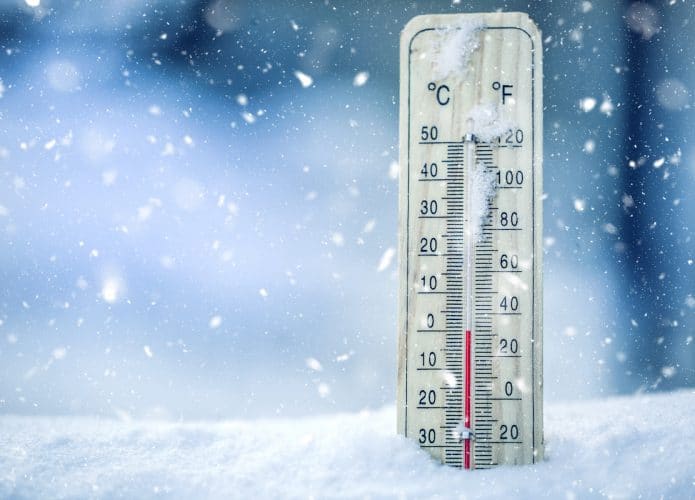There are hot things in the universe, the average temperature of Venus can reach 400 degrees Celsius. There are also things that are ridiculously hot. The temperature of the sun's core can exceed fifteen million degrees. But what is the lowest temperature in the universe? Is it possible to reach absolute zero temperature?
Read more:
{{#values}} {{#ap}}
{{/ap}} {{^ap}}
{{/ap}} {{/values}}
Before we just talk about cold, let's understand a little about the concept of heat. We often think of temperature as a measure of how hot or cold something is, but in essence it is an indicator of the energy or vibration of particles in a system. When objects are heated, their molecules absorb more energy, allowing them to vibrate more intensely.
Reaching absolute zero, the lowest theoretical temperature set by scientists at minus 273.15 degrees Celsius, remains an obstacle that must be overcome in experimental physics. This temperature, colder than outer space, represents the theoretical point at which all particles inside an object completely stop moving. Although no known object has yet reached this extreme temperature, the question remains: Is it really possible to reach this icy feat?
Efforts to get closer to absolute zero began in the 1990s, with ultra-cold experiments using laser cooling technology. This method exerts a force on atoms, slowing them down to temperatures of about 1 kelvin (-272.15 °C). Although very low temperatures are reached, in order to observe quantum effects in gases, colder conditions in the range of tens of nanokelvins are necessary.
In 2021, A.J German team It reached the lowest temperature recorded in the laboratory, using magnetic trap cooling. This technique involved gas atoms falling controlledly through a 120-metre-high tower, reaching 38 picokelvins, or 38 trillionths of a degree above -273.15, a temperature very close to absolute zero.
Absolute zero experiments are primarily performed to explore unique physical phenomena and observe unusual behaviors of matter under extreme temperature conditions. Absolute zero provides a crucial reference point for studying the fundamental properties of matter. By approaching these extremely low temperatures, close to absolute zero, scientists can observe fascinating quantum phenomena such as superfluidity, superconductivity, and ultracold atomic condensation.

These states of matter are caused by a significant slowdown in particle motion, highlighting subtle quantum effects that cannot be observed at ordinary temperatures. Moreover, absolute zero experiments provide valuable insights into the development of advanced technologies, such as creating superconducting materials and building quantum devices, expanding our understanding of the fundamental properties of nature under extreme conditions.
However, searches for absolute zero face a technical problem. Using current measuring instruments, it is very difficult to distinguish, for example, between a 38 K peak and absolute zero. Precise measurement techniques capable of capturing an infinitesimal temperature are beyond our current capabilities, raising doubts about the possibility of truly recognizing the achievement of absolute zero, even if it is achieved.

“Hardcore beer fanatic. Falls down a lot. Professional coffee fan. Music ninja.”


:strip_icc()/i.s3.glbimg.com/v1/AUTH_08fbf48bc0524877943fe86e43087e7a/internal_photos/bs/2021/8/q/f1JEu1R7SW8wroz6e41w/privacidade-home-faixa.jpg)



More Stories
FCA/Unesp Botucatu will host the 5th Soil Science Meeting in São Paulo
Science may have found the origin of altered states of consciousness
A highly contagious virus fills hospitals in Brazil